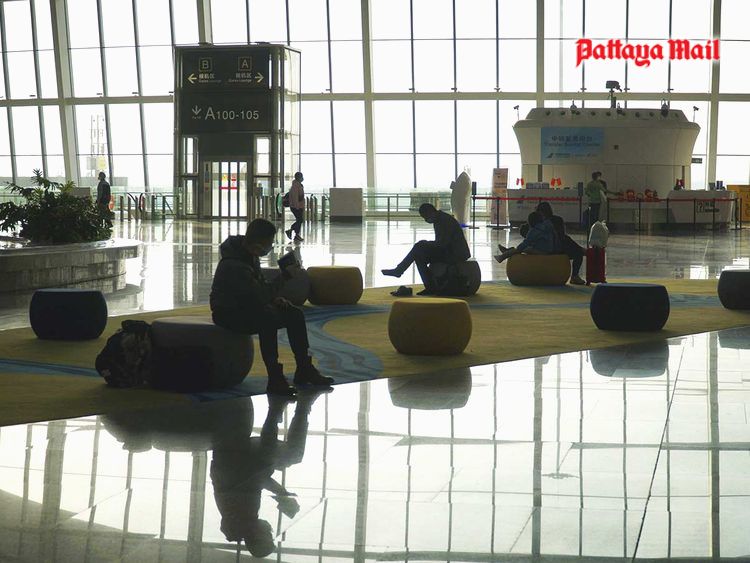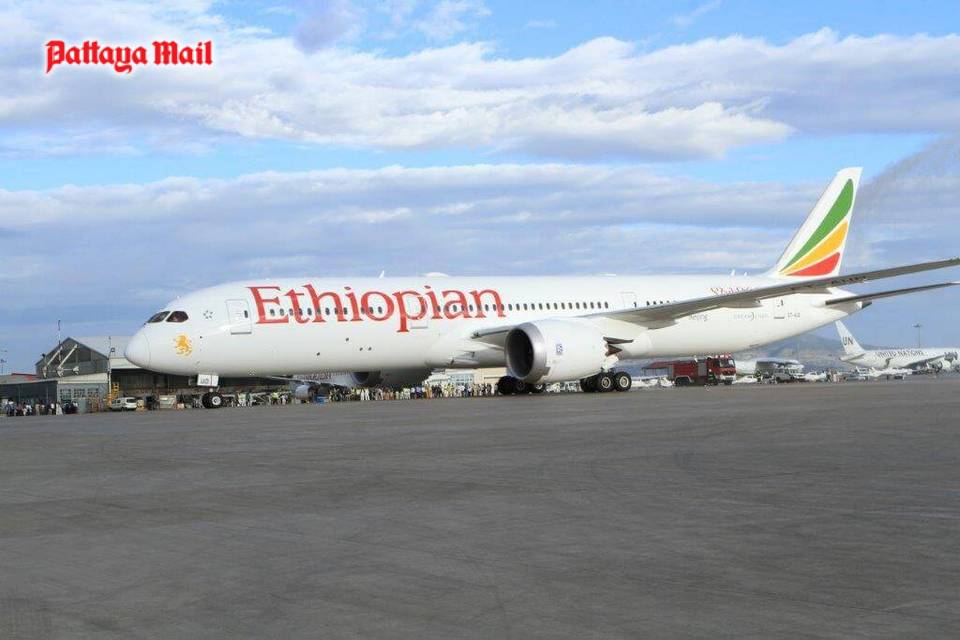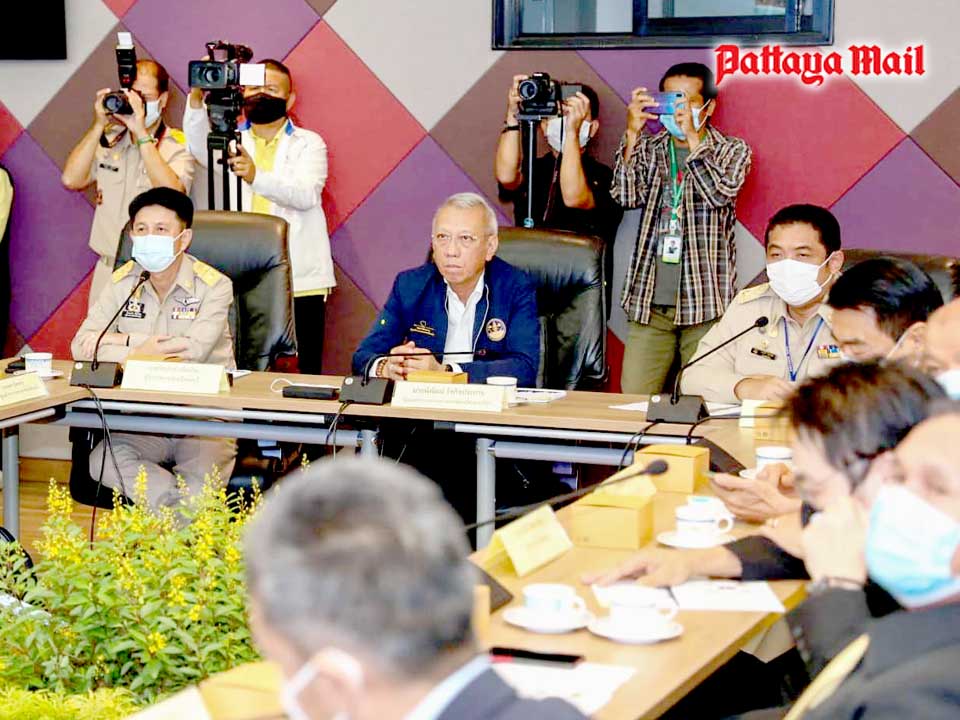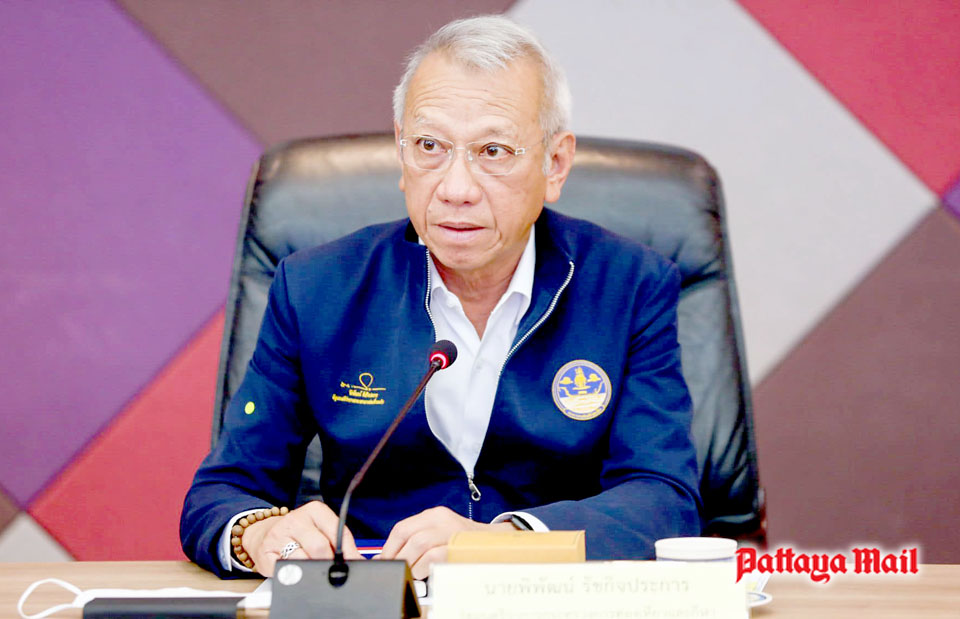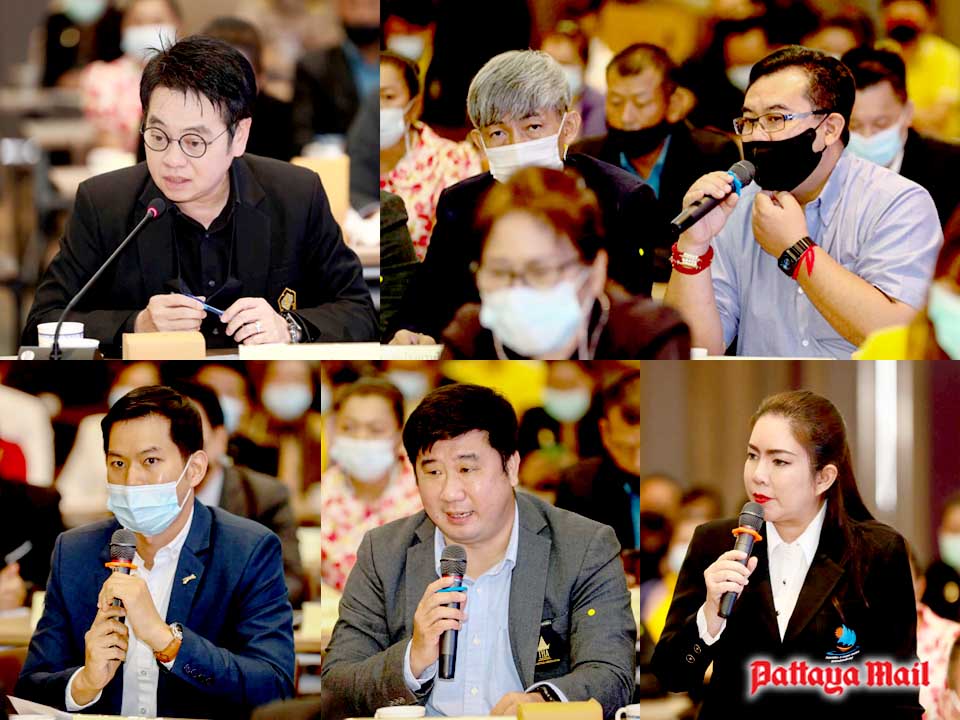
With the prime minister today expected to announce plans for the reopening of Phuket to foreign tourists in July and the kingdom hoping to regain its crown as one of the most visited and desirable holiday and travel destinations in the world, there is understandable concern over the move.
Indeed, after sheltering so successfully from the storm ripping the rest of the world asunder for so long, December's outbreak in Samut Sakhon was a timely reminder that Covid-19 will spare no territory if given the chance.
Nevertheless, that outbreak has not turned into the full-scale disaster endured by many nations over the past 15 months or so since the first reports of the virus, and the holistic nature of Thailand's community networks has once again shone in a bottom-up effort to locate, isolate and treat the infected.
From July 1, the Phuket "Sandbox" will see tourists who want to join the proposed quarantine-free programme required to show a vaccine certificate, vaccine passport or International Air Transport Association (IATA) travel pass to prove they have had the inoculation and pose no risk of transmission. In the run-up to that date, mandatory quarantine will also begin to be cut, first to 10 days then a week for those who have had jabs.
However, foreign tourists are still required to take a PCR test at the airport and activate the ThailandPlus tracing app while in Phuket, according to the plan.
So much of Thailand's economy is geared towards the revenue brought in by its tourist industry that the current shutdown cannot be indefinite. The swift emergence of vaccines that are reported to be effective in preventing the spread of the disease coupled with the excellent reputation of the Thai healthcare network (its community volunteers, as well as its doctors, nurses and professional staff), mean there is little reason not to pursue reopening, albeit with all due caution.
If this is to be a rebirth, of sorts, for the island province of Phuket, which has been brought to its knees by an external force of nature, then perhaps there is also a wider significance to this chance to start afresh that should not go unremarked on.
For years, the island has been allowed to not only become overly reliant on the income of its foreign guests, but has also forged an unfortunate reputation for offering the kind of cut-and-shut Thai experience many in the nation are keen to move away from. Indeed, the first taste of this beautiful country many have had was coughing up the exorbitant taxi fare to their hotel that the island's passenger vehicle cartel is tacitly allowed to charge by state authorities with a vested interest.
Viral clips of Grab drivers and riders being accosted by members of the local ranks have been especially prevalent in the province as there is zero competition in the sector and outright hostility towards anyone who dares to challenge that.
It is a dark side of the island that has also included accusations of mistreatment at its zoo and various other animal attractions.
Much of what Phuket represents is emblematic of a broader conundrum faced by Thai tourism in general. Catering to the lowest common denominator is often the way to the quickest baht. Sex, booze, performing animals, sun and good Thai food has for many Europeans become their more exotic Asian equivalent of a jaunt to Spain's Benidorm or Magaluf. Favourable exchange rates and an arrival-to-return-flight-home mollycoddling by those making a living in the tourism sector, whether legitimately or otherwise, brought in around 500 billion baht to the island's economy each year prior to the pandemic.
And now we've seen at what cost that came. Without depth, there can be no substance, and the island's economy crumpled like a paper serviette at a beachside eatery. Now is the time for residents and business operators in the province to not only cautiously welcome back their foreign friends with all the prescribed safety measures in place, but also for them to consider ways to diversify and develop revenue streams not so dependent on the foreign buck.
So, in this sandbox it will soon be playtime once again, let's hope that those in the industry and local government realise that there's no reason that frivolous fun can't be combined with a richer, more varied portfolio of businesses and enterprises. These may include hosting more domestic and international events, developing its culinary scene, promoting the arts and cultural attractions of the area, as well as encouraging longer-term stayers such as international students and retirees.
Before then over 900,000 doses of vaccine are set to be administered to those in the province in the hope of achieving general immunity to Covid-19. Let's hope that this colossal effort also includes a dose of reality and the island doesn't slip back into some of its less savoury habits as soon as the tourist money comes rolling back in.







